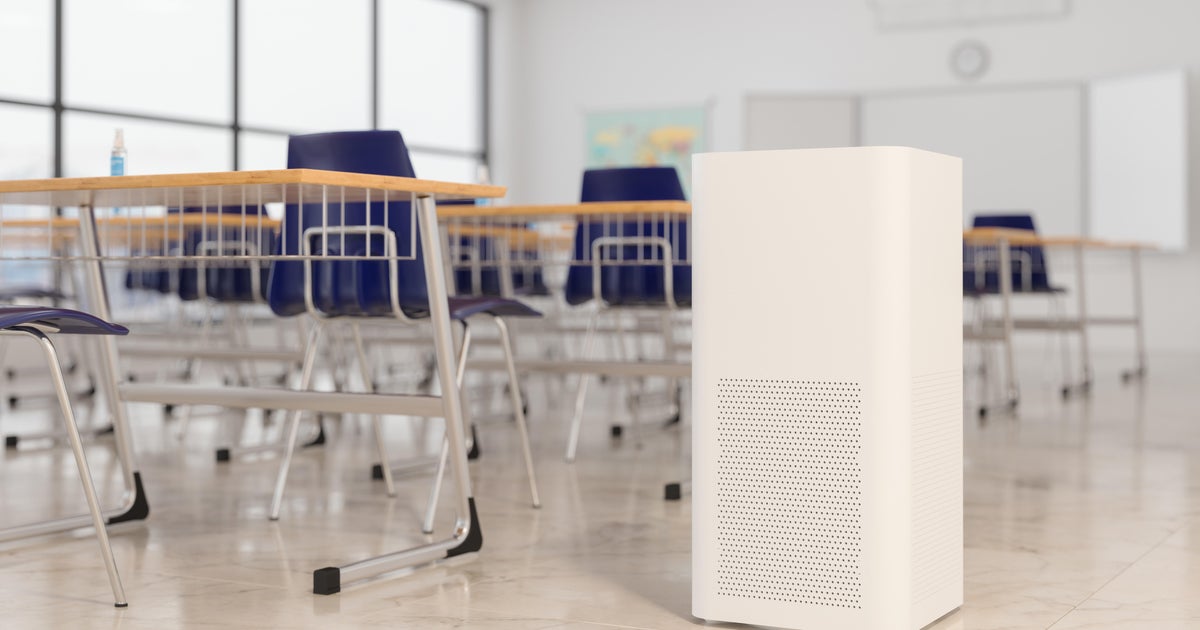Officials in Bridgewater confirmed the presence of Eastern Equine Encephalitis, or EEE, in a mosquito sample collected on July 22, marking the second time the deadly virus has been confirmed in Massachusetts this year.
No human or animal cases have been reported, Bridgewater officials said Wednesday. EEE was also found in a mosquito sample collected in Belchertown on July 21.
Dr. Catherine M. Brown, the state’s epidemiologist, said Thursday that the infected mosquito found in Bridgewater is a species “we know will bite humans.”
“The fact that we’ve only had two findings so far, and they’re in different parts of the state, is a little bit encouraging,” Brown said. “It gives us less time for amplification.”
Brown said most human cases occur in August and early September. Once the weather gets cold, mosquitoes die off, she said.
The state Department of Public Health currently rates Bridgewater and most of southeastern Massachusetts at “low risk” for EEE and West Nile, Bridgewater officials said.
EEE, a mosquito-borne virus, kills 30 percent of people who develop a severe case of the illness, according to the Centers for Disease Control and Prevention. Many people who survive a severe case experience ongoing neurological issues, the agency said.
EEE often infects birds, which experience no symptoms. Mosquitos become infected when they bite infected birds, according to a fact sheet issued by the public health department.
Early symptoms in humans include high fever, stiff neck, headache, and lack of energy, according to the department. Symptoms occur three to 10 days after the bite of an infected mosquito.
There is no treatment for EEE. Patients with severe cases sometimes go into a coma within a week, the department said.
The most dangerous complication of the disease is swelling of the brain, according to the department.
“Few people recover completely,” the department wrote in the fact sheet. “People who survive this disease will often be permanently disabled.”
In light of the positive test in Belchertown, officials in Easthampton this week advised residents to reduce the risk of mosquito bites by applying insect repellent, avoiding outdoor activities during peak mosquito hours — dusk and dawn — and wearing long sleeves.
Additionally, officials advised residents to eliminate standing water, where mosquitoes lay their eggs, from areas near their homes.
“Check rain gutters and drains,” officials said. “Empty any unused flowerpots and wading pools, and change the water in birdbaths frequently.”
Brown said officials will continue monitoring mosquito samples across the state.
Truman Dickerson can be reached at truman.dickerson@globe.com.
